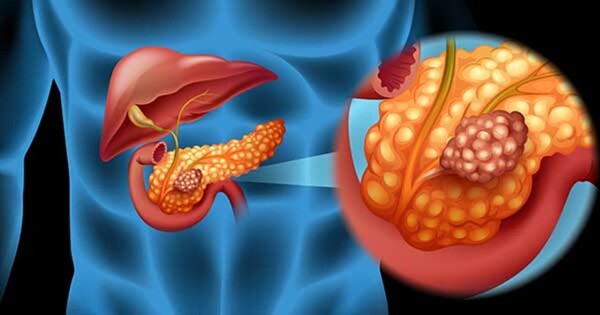
There are cases where you can go to the gym without having eaten beforehand, as there are exceptions. Registered dietitian Sydney Greene explains that for light to moderate workouts, such as yoga, walking, or dancing, lasting up to an hour, it is not necessary to eat beforehand. However, for routines longer than 90 minutes, it is imperative to have a hearty breakfast with complex carbohydrates, proteins, and some fat.
If you decide to have a snack before training, it is important to monitor the amount and type of food you consume so as not to affect your performance. Mayo Clinic suggests eating at least 3-4 hours before exercising if it's a large meal, and 1-3 hours before if it’s small meals or snacks.
Eating after exercising is equally important to maximize workout results. A full meal including carbohydrates, proteins, and fats is recommended within 2-3 hours after exercise.
Although some people may prefer to work out on an empty stomach to lose weight faster, the most effective way to reduce body fat is to have a good diet and then perform high-intensity exercises, according to nutritionist Daniel Escaño.
If you plan to exercise in the morning, light food options could be whole grain cereals, low-fat milk, juice, fruit, and yogurt. For intense workouts, it is recommended to consume two portions of carbohydrates before training.
Exercising without breakfast can produce side effects such as nausea, fatigue, and a feeling of lower energy. Dr. Ramón de Cangas Morán warns that physical activity on an empty stomach can cause sudden fatigue and other discomforts. Performing workout routines without eating could make you feel slow and low on energy, according to Mayo Clinic. Daniel Escaño notes that without consuming food before exercising, you will not have enough energy to perform an adequate routine. Without proper nutrition, exercise becomes more difficult, which could lead to a lack of interest in continuing with routines.














